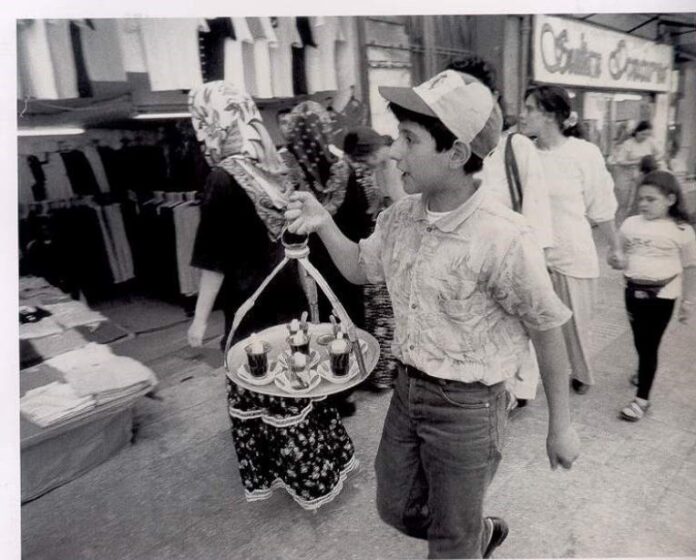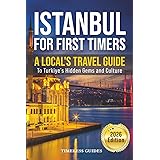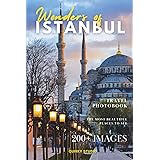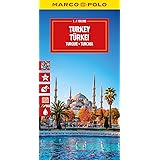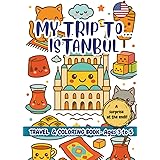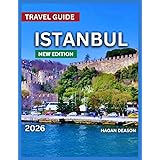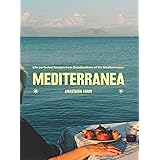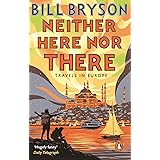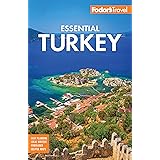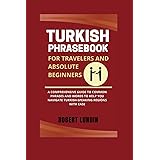Tolerance is the richness of the soul.
(Şeref Oğuz)
Intellectual Maturity
The centennial of the Republic should be celebrated as the most mature period in the history of Turkish society, not only formally, but also intellectually and politically. Centennial happiness can be presented to the Turkish people, who have a wise philosophy of tolerance and forgiveness, by opening the doors of freedom to its writers, thinkers or socialist politicians. Towards a Period That Opens Doors to Thoughts, Milliyet Newspaper, Page 7, 18 July 1973)
Balkan Mind
The Balkans was the mental center of the Ottoman Empire. The Ottoman Empire grew with the “Balkan Mind” and shrank when it lost the Balkans. The justice and tolerance of the Ottomans ensured the conquest of the Balkans without the use of weapons, and the weapon was used only against the tyrants. The Ottomans devastated their minds when they tried to hold the Balkans, which they had acquired without weapons, with weapons. Losing his mind, the Ottoman Empire lost its empire. The “Balkan Mind” dates back to the 9th century before Christ, Edirne is the center of this mind. (Ömer Özkaya)
Tolerant Turks
Writer Alev Alatlı noted that in order for Turkey to become a fully independent country, it must leave the polarization cliché aside and go for halal. Stating that this will not happen from today to tomorrow, and that it requires a long process, Alatlı said, “Turks are well-intentioned and tolerant people. He does not hold grudges and forgives even his mortal enemies as long as justice is served. Whose word it was, I forget now… They say, ‘Grow some great men and the rest will come’.” he said. (Alev Alatlı)
Tolerance and Democracy. Pluralist Democracy starts with tolerance to multi-dimensional order
“I do not find the prohibitions useful and consistent at all. First of all, we have a Constitution that prevents all these prohibitions, and the constitutional freedoms are so wide that none of these prohibitions fall within the scope of our Constitution.
We call our social structure and state form “democracy”, but also “pluralist” democracy. The word “pluralist” here denotes a form of society in which there are many views and ideas, and which includes many incompatible views and ideas. Prohibitions are in no way consistent with the “pluralist democracy” order. In a society where there are many inconsistent ideas, the thing to do is to be “tolerant” towards all of these thoughts. After all, the word “tolerance” has a Latin root meaning “to endure”. Our Constitution also commands us to endure these different thoughts and opinions. The “pluralist democracy” order, which we claim to be the form of government of our society, requires doing the same. (Prof Macit Gökberk)
Quran
Although the Qur’an and Islam are the opposite of the other two great religions, Judaism and Christianity, the Torah and the Bible, they gave the greatest examples of tolerance towards opposing ideas and respect for the book. Namely:
- Verse 4 of Surah Baqarah: “O Muhammad, they believe in the book that was revealed to you, and in what was revealed before you.”
- The 41st verse of Surah Baqarah: “Believe in the Qur’an, which I have sent down by confirming and confirming the Torah we have.”
- Verse 53 of Surah Baqarah: “We gave Moses the book that separates truth from falsehood, so that you may follow the right path.”
- Verse 87 of Surah Baqarah: “We certainly gave Moses the book, and after him We sent prophets one after another, and we gave documents to Jesus, son of Mary.”
- The 3rd and 4th verses of Surah Al’i Imran: “The Truth, who confirmed the previous books, has revealed the book to you. Previously, He had also revealed the Torah and the Gospel to guide people.”
- Surah Maide, verse 48: “O Muhammad, we have indeed sent down the Qur’an to you, confirming the book that came before it and witnessing it.”
- Surah Maida, verse 66: “If they had applied the Torah, the Gospel and the Qur’an, which was revealed to them from their Lord, they would have been blessed in every way.”
- Surah Maide, verse 68: “O People of the Book, you will have no basis unless you apply the Torah, the Gospel and what has been revealed to you from your Lord,”
These examples also show respect for a book.
New Thought Platform
As a result, prohibitions go against the way the world goes, the style of civilization we have to enter. Adopting the contemporary world, society and civilization can only be achieved with courage, tolerance and enduring. The new social environment of Turkey, which respects science, art and thought, will one day create a new thought platform based on tolerance. Its creation is the only and necessary condition for its free existence… (Ali Gevgilili)
Justice, Tolerance and Security
There are no fights in this land for nearly 500 years. There are various people, various languages, various religions, various civilizations on this land for nearly 500 years. There is no fight alone. Beware, this is a very important event. There is peace, there is peace. Because the Ottoman administration treats the people in the annexed lands with justice, treats them with tolerance and provides security. There are lessons to be learned from this. So there are many lessons to be learned from this, especially in today’s world. (Suleyman Demirel)
Magnificent Suleiman and tolerance by Hungary
I want to tell you one more thing here. It’s what we call tolerance. I just explained that we stayed in Hungary for 167 years. 1526 Battle of Mohacs, 1566 Battle of Zigetvar 40 years later. Sultan Suleiman the Magnificent, both of them are sultans and have been sultans for 46 years. Hearing that the Zigetvar Castle was captured, that is, that his commander was subjected to persecution and persecution, the sultan, 71 years old, said, “Prepare the car, I’m going to Zigetvar.” It goes 3000 kilometers, 103 days. He is going to avenge his commander, to take back his castle. This is the state, this is the state…! (Applause) Yes, he goes there, he surrenders his soul two hours before they take the castle, but they take the castle.
His internal organs are there, just as Murad Hüdavendigar’s internal organs are in Kosovo. How many years pass? In 1998, 300 years after 1566, we erected the bust of Suleiman the Magnificent there. Is there such a thing? In other words, Hungary consented to the bust of a foreign ruler, a foreign commander who had occupied and ruled those lands for 167 years. Why, because if you remove enmity from history, there will be no peace. You will not draw enmity from history, you will learn from history lesson…! (Applause) Shall we forget the bad things that have happened? No sir remember, keep them inside. But let them not cause new hostilities. I praise the generosity of the Hungarian government, the Hungarian Parliament and its people. (Suleyman Demirel)
Mutual Tolerance in the Balkans
In my opinion, the main purpose of the meetings, music festivals and all these activities being held here on the 650th anniversary is to contribute to stability, peace, social and economic cooperation, and more importantly, mutual tolerance in the Balkans, and to spread this beautiful message to the Balkans. Determining the real place of the Balkans in the reality of multi-ethnic and multi-cultural Europe, complying with international agreements and conditions is a behavior that should be expected from some central European and Balkan countries, and it is also suitable for today’s international political conjuncture. Today, unfortunately, we cannot see the tolerance of the Ottoman Empire, which has been shown as an example for many years, in Europe.
Today, it is seen that our kinsmen and some of our relatives, who are the cultural trusts of the Ottoman Empire, are faced with human rights violations that they do not deserve, even though they are harmonious citizens of the nation-states of which they are members and have never had a separate request for sovereignty. What upsets us is that these violations and ill-treatments were also committed by some of our Muslim brothers. The development of good relations with Turkey is based on respect for the centuries-old Turkish identity, our cultural artifacts, our cultural heritage and the Turkish language. As our esteemed President stated, we were not there as guests and we are not guests there today. (Suleyman Demirel)
Ebu’l-Hasan Harakani
- Islamic Tolerance and the Name of This Tolerance Ebu’l-Hasan Harakani
- Abu’l-Hasan Al-Harakani’s Understanding of Love, Compassion and Tolerance
Melih Cevdet Anday
- Tolerance
Toleration
1510s, “permission granted by authority, licence,” from French tolération (15c.), from Latin tolerationem (nominative toleratio) “a bearing, supporting, enduring,” noun of action from past-participle stem of tolerare “to endure, sustain, support, suffer,” literally “to bear” (from PIE *tele- “to bear, carry;” see extol). (Online Ethymology)

